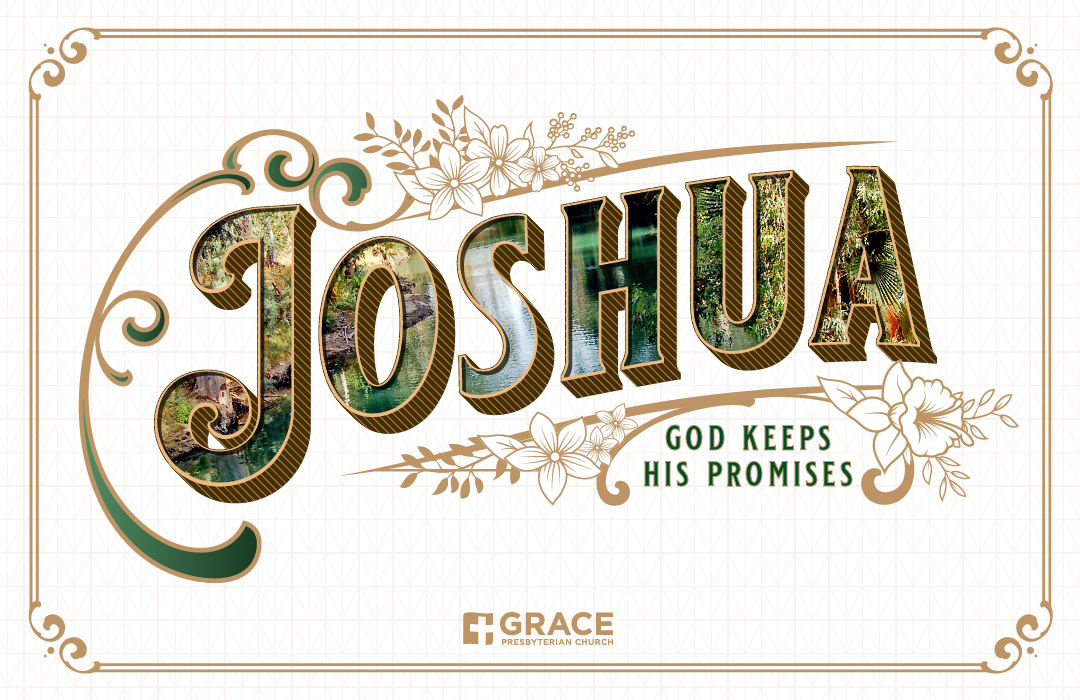The Sun Stood Still (Joshua 10:1-15)
Pastor: Ben Muresan Series: Joshua: God Keeps His Promises Topic: Joshua Scripture: Joshua 10:1–15
First Scripture Reading: Exodus 20:1-17; Romans 13:8-10
Second Scripture Reading: Psalm 19:1-14
Sermon Text: Joshua 10:1-15
In Joshua 5:13-15, the Commander of the Lord’s army met Joshua and received worship from him. This indicates that the Person Joshua met was God, perhaps the pre-incarnate Christ. It is amazing to consider that the way God revealed himself to Joshua was as the leader of an army who would fight for his people. This is later clearly communicated in Joshua 10:14 where we read that the Lord fought against the pagan nations for his people.
While some might think that the description of God as a warrior in the Old Testament contradicts the “gentle-Jesus” of the New Testament, Jesus is in fact described as a warrior. In the book of Revelation, he appears with blazing eyes, a robe dipped in blood, and he is mounted on a white horse. He rules with a rod of iron and “treads the winepress of God’s wrath,” and his enemies are the beast, the false prophet, the kings of the earth, and their armies. We can rest in knowing that Christ is our King, who subdues us to himself, rules and defends us, and restrains and conquers all his and our enemies (Westminster Shorter Catechism Q/A 26).
1. For review, try to remember some of the application points from Joshua 9. Why did the Gibeonites deceive Israel? How did God use their sin and Israel’s failure for his glory?
2. Read Joshua 10:1-5. Why did Adoni-zedek rally the other kings against the Gibeonites? How does this connect with what Jesus says in John 15:18-27 about the opposition we face as Christians?
3. Read Joshua 10:6-11. How does Israel’s response to the Gibeonites’ appeal reveal God’s covenant faithfulness? How does understanding your covenant relationship with God give you comfort and assurance?
4. What details in Joshua 10:6-11 reveal how God fought for his people? How does this passage connect with Exodus 15:1-21 (Moses’ song after the Lord defeated Egypt)?
5. Read Joshua 10:12-15. Why do you think some people are skeptical about this miracle? B.B. Warfield (1851 - 1921), a well-known Presbyterian scholar, said that “Christianity is nothing other than unembarrassed supernaturalism.” Do you agree? Why or why not?
6. In preparation for next week, read Joshua 10:16 - 12:24. How do Genesis 15:16 and Joshua 11:20 help you understand God’s purpose in Israel’s conquering the Promised Land and devoting its inhabitants to destruction?
other sermons in this series
Aug 11
2019
The Most Important Decision You Will Ever Make (Joshua 24)
Pastor: Ben Muresan Scripture: Joshua 24:1–33 Series: Joshua: God Keeps His Promises
Aug 4
2019
Priorities for the Future (Joshua 23)
Pastor: Ben Muresan Scripture: Joshua 23:1–16 Series: Joshua: God Keeps His Promises
Jul 28
2019
Rumor Has It (Joshua 22)
Pastor: Ben Muresan Scripture: Joshua 22:1–34 Series: Joshua: God Keeps His Promises
